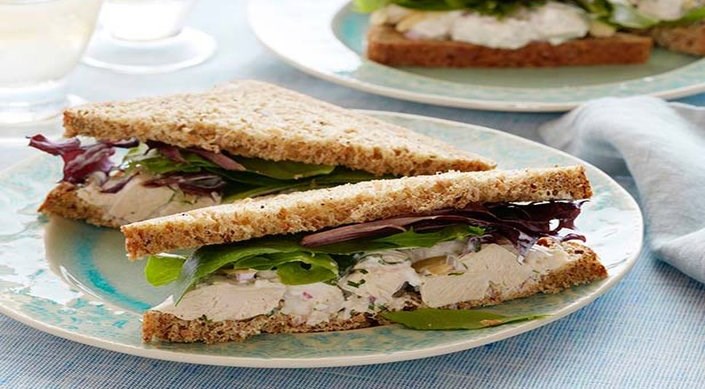
When John Montagu, the 4th Earl of Sandwich, an 18th-century English aristocrat, ordered his valet to bring him meat tucked between two pieces of bread, so he could continue playing cards, he couldn’t have known what a hit his invention was going to be. Not only did his fellow card players order “the same as Sandwich”, but today that enthusiasm has grown to Britons consuming a staggering three and a half billion sandwiches a year, made by 300,000 people employed in the sandwich industry in the UK.
However, sandwiches are one of our highest wasting products, because of the unpredictable demand from all of us consumers, depending on what the weather is like or what filling we fancy on the day. Estimates put the amount of wastage at around 5%. My maths puts that at 175 million uneaten sandwiches.
Some retailers, like Pret A Manger have taken action, handing out their uneaten stock at the end of each day to people who need them, and Greggs filling solidarity fridges. These solutions point us in the right direction, but they’re not always suitable for retailers, for example those where ‘food on the go’ is only part of their offer. And sandwiches are a particularly difficult item to manage. Their short shelf lives and need to be kept chilled to make sure they are safe to eat, means that they have to move fast or go to waste.
What can be done? Last year, Neighbourly co-hosted an industry seminar with the Food Foundation and the Food Standards Agency to find ways to manage this problem, looking at issues such as best before dates. It complemented similar work by the FSA and the British Sandwich and Food on the Go Association to look at the issue of sandwiches in particular.
Recently, new guidance has been given to sandwich retailers that allows them to test for safety in store. This could save up to 2000 tonnes, or about 280 double decker buses filled with sandwiches, from going to waste. If we take the opportunity to drive this into common practice, it could have the transformational impact that the familiar Waste Electrical and Electronic Equipment (WEEE) directive has had on environmental collection, treatment, recovery, recycling and disposal of electrical and electronic equipment. Working together to champion the issue, we can spark a movement where retailers not just entertain this issue but take on the challenge with more confidence.
But that’s not the end of the story. As Jim Winship, Director of the British Sandwich and Food on the Go Association says “retailers and the charities they support will now need to establish the practical means to deliver surplus foods to those who need them.”
And that’s where Neighbourly comes in. Our unique platform sends alerts from retailers to matched local charities with food hygiene training, to take food to a huge range of people who need it, from children’s breakfast clubs, to hospices, to homeless shelters. We give retailers a more scalable, traceable solution, with exportable, shareable data.
And we can complement the good intentions of retailers with opportunities to engage communities and support food charities delivering the vital work of surplus redistribution. Charities can use our volunteering function to get the people they need and gain financial and in-kind support through our innovative campaigns like #FundAFridge (recently supported by Lidl UK).
Having enough good food to eat and making sure we don’t waste all those marvellous sandwiches is a bread and butter issue. Thankfully we now have both the safety guidance and the way of connecting surplus to be able to waste less and feed more people.
About Neighbourly
Neighbourly matches charity and community projects with people and companies that can donate time, money or surplus. Get support by creating and sharing a project or give support by following, donating or giving a day to volunteer.
For charities that need surplus food email: food@neighbourly.com
For businesses that would like to donate surplus food email: hello@neighbourly.com
Sign up to be part of the Neighbourly network here.